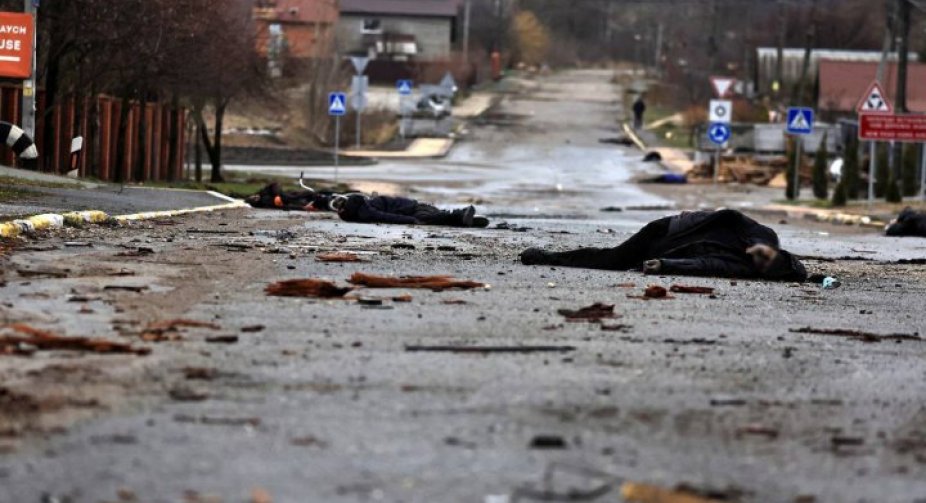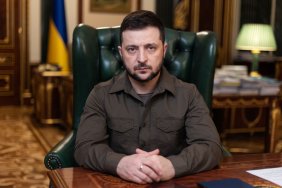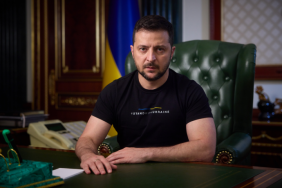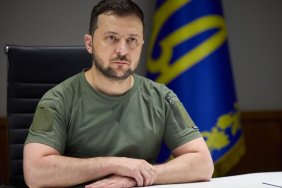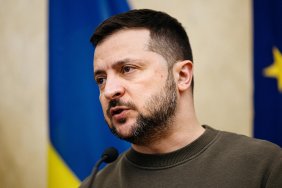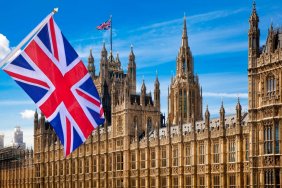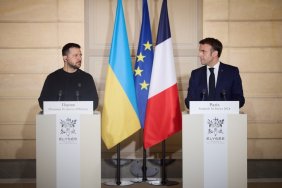The UN will consider the "Buchea massacre" on April 5 - at Ukraine's request.
The UN Security Council will not hold a meeting on April 4 at the request of Russia, which demanded to discuss the "blatant provocation of Ukrainian radicals in Bucha".
According to a statement by a representative of the Russian Foreign Ministry, the Russian request was rejected by the British presidency of the Council.
Maria Zakharova complained that Britain, "in the worst English traditions, did not agree to hold a meeting of the UN Security Council on the situation in Bucha. She said Russia would again demand a convening of the UN Security Council, BBC reported.
Reuters also reports, citing the British delegation, that the discussion of the situation in Ukraine will take place, as planned, on Tuesday.
The day before, both Ukraine and Russia demanded an emergency meeting of the UN Security Council to discuss the events in Bucha.
Ukrainian President Volodymyr Zelensky said in an evening address on April 3 that "war crimes in Bucha and other cities during the Russian occupation will also be the subject of the UN Security Council on Tuesday, April 5."
However, Russia's deputy representative to the UN, Dmitry Polyansky, later wrote in a telegram that Russia demanded the meeting be held a day earlier on Monday. He outlined the topic of the meeting as "provocation by Ukrainian radicals."
As a reminder, Russia launched a large-scale information campaign after the world saw footage of the occupiers' crimes against civilians in Bucha in the Kyiv region.
The Rashists deny their involvement in killing and torturing people or blaming Ukraine for their crimes.
The occupants, in particular, claim that this is another "staging, staged by the Kyiv regime" or that "all Russian units completely withdrew from Bucha as early as March 30" or that "the exits from Bucha were not blocked."
The Center for Counteracting Disinformation under the Security and Defense Council of Ukraine called these statements fakes and refuted them.
As a reminder, yesterday President Zelensky invited Merkel and Sarkozy to visit Bucha and see the consequences of 14 years of policy of concessions to Russia.
The world leaders are demanding that all those involved in the "massacre in Bucha" be brought to justice. Poles demand that the EU arm Ukraine, the British promise to "starve the war machine" of the Russian Federation.
Moldovan President Sandu declared April 4 a day of mourning for the dead Ukrainians.
Irpen, Bucha, Gostomel and the Kyiv region were liberated from Russian invaders. Mass murders of civilians by Russians were recorded in the liberated towns and villages.
Among the victims of war crimes by Russian troops already found are raped women whose bodies they tried to burn, murdered members of local government, children, the elderly, and men. Many had their hands tied, showed signs of torture, and many had been shot in the back of the head.
According to Prosecutor General Irina Venediktova, as of the evening of April 3, 410 bodies of civilians killed by the invaders had been removed from the liberated territory of Kyiv region.
